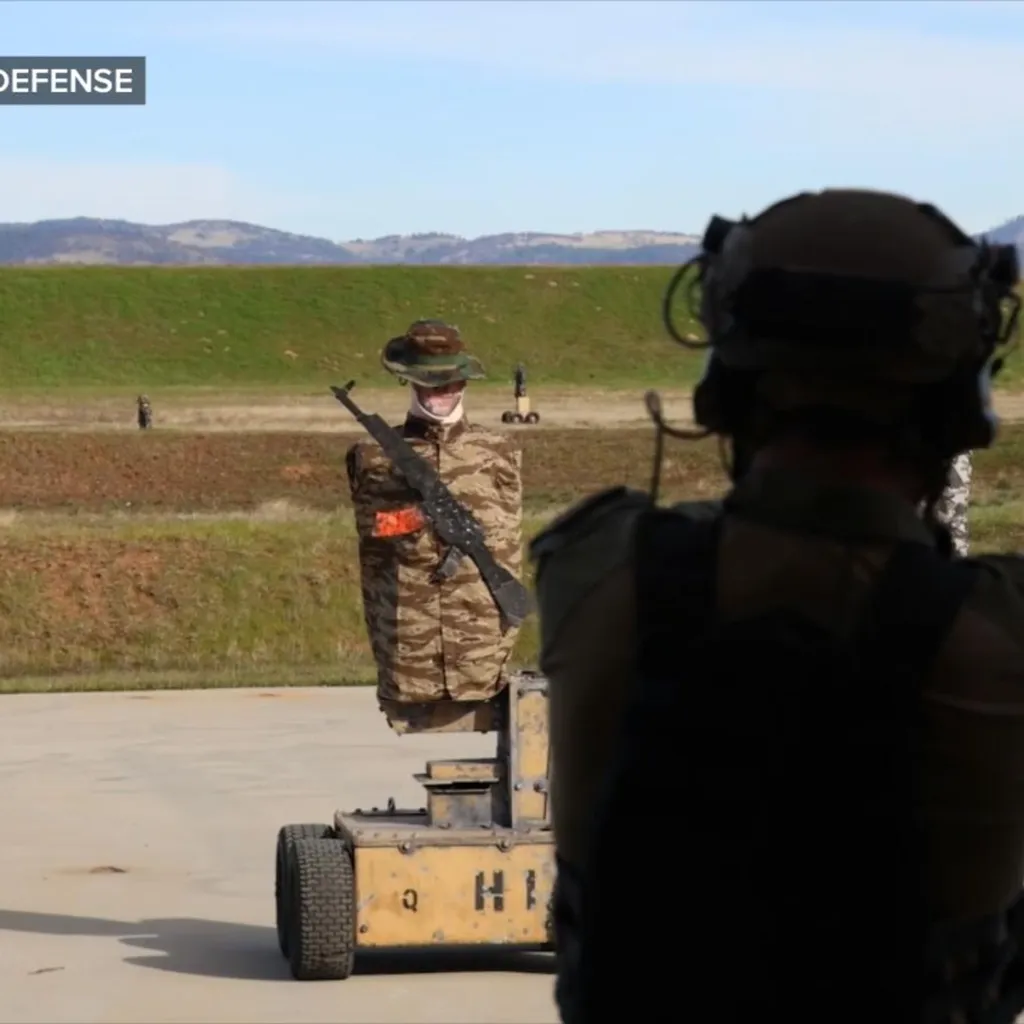The rapid advancement and deployment of artificial intelligence (AI) in military weapon systems and command-and-control infrastructure have raised critical questions about the sociotechnical impacts of AI on combat systems, military decision-making, and the norms of warfare. A recent study by researchers Riley Simmons-Edler, Jean Dong, Paul Lushenko, Kanaka Rajan, and Ryan P. Badman highlights the urgent need for technically informed regulation to address the unique risks posed by AI-powered lethal autonomous weapon systems (AI-LAWS).
AI-LAWS, which use AI for targeting or battlefield decisions, introduce novel risks that threaten both military effectiveness and the openness of AI research. These risks include unanticipated escalation, poor reliability in unfamiliar environments, and erosion of human oversight. The researchers argue that these challenges cannot be mitigated by high-level policy alone. Instead, effective regulation must be grounded in the technical behavior of AI models. This necessitates the involvement of AI researchers throughout the regulatory lifecycle.
The study proposes a clear, behavior-based definition of AI-LAWS as a foundation for technically grounded regulation. Existing frameworks often fail to distinguish AI-LAWS from conventional lethal autonomous weapon systems (LAWS), which lack the unique risks associated with modern AI. By defining AI-LAWS based on their technical behavior, the researchers aim to create a regulatory framework that can effectively address these risks.
The researchers suggest several technically informed policy directions to guide the development and deployment of AI-LAWS. These include establishing clear guidelines for AI model behavior, ensuring transparency in AI decision-making processes, and implementing robust testing protocols to evaluate AI performance in diverse and unpredictable environments. Additionally, they emphasize the need for greater participation from the AI research community in military AI policy discussions.
The involvement of AI researchers is crucial for developing regulations that are both effective and adaptable to the rapidly evolving field of AI. By integrating technical expertise into the regulatory process, policymakers can create frameworks that balance the benefits of AI in military applications with the need to mitigate potential risks. This collaborative approach ensures that regulations are informed by the latest advancements in AI technology and research.
The study underscores the importance of fostering open dialogue between AI researchers, military strategists, and policymakers. By working together, these stakeholders can develop comprehensive policies that address the unique challenges posed by AI-LAWS while promoting the responsible use of AI in military applications. This collaborative effort is essential for safeguarding both military effectiveness and the ethical principles that underpin the use of AI in warfare.
In conclusion, the rapid development and deployment of AI in military systems necessitate a technically informed regulatory approach. The study by Simmons-Edler and colleagues provides a critical foundation for developing regulations that address the unique risks of AI-LAWS. By involving AI researchers in the regulatory process and fostering collaboration among stakeholders, policymakers can create effective and adaptable frameworks that ensure the responsible use of AI in military applications. This approach not only enhances military effectiveness but also safeguards the openness and integrity of AI research. Read the original research paper here.

